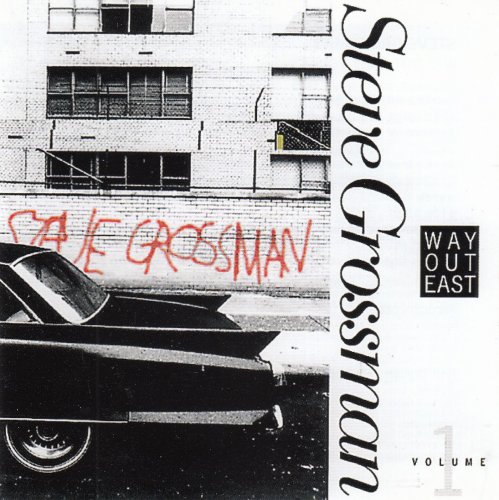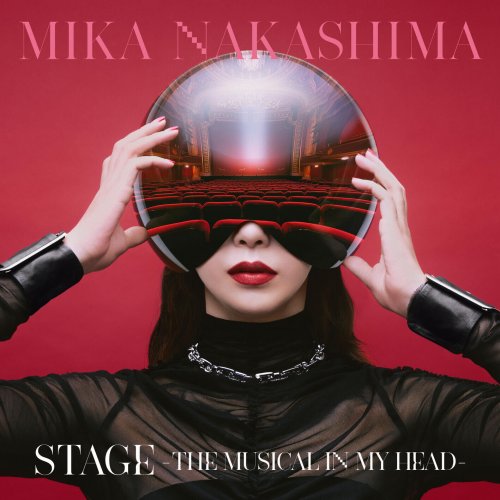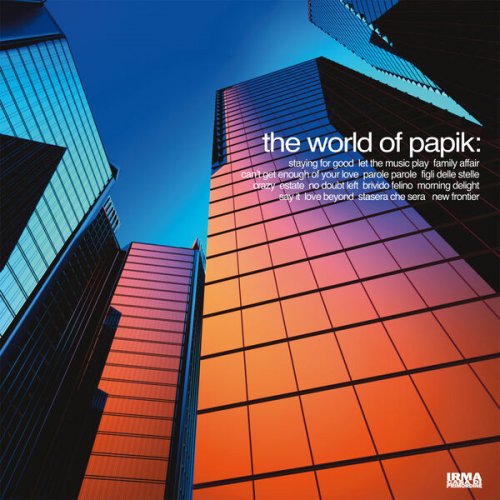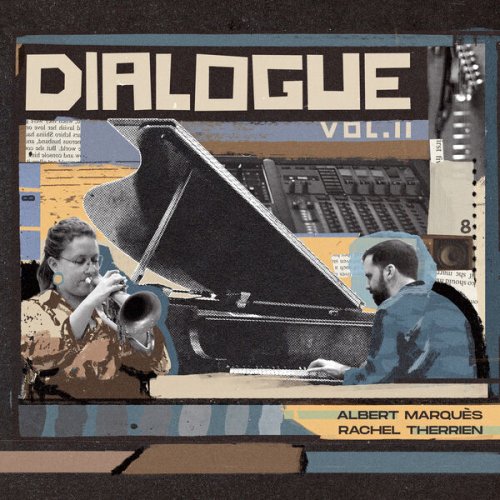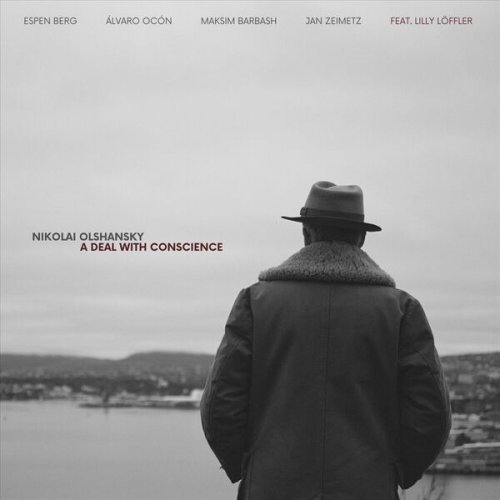Rachel Barton Pine - Capricho Latino (2011)
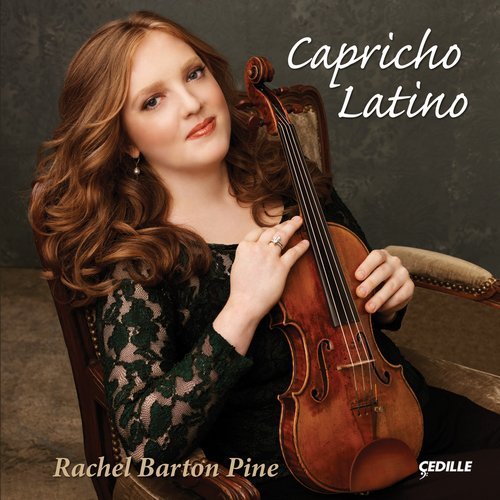
Artist: Rachel Barton Pine
Title: Capricho Latino
Year Of Release: 2011
Label: Cedille Records
Genre: Classical
Quality: FLAC (tracks, booklet)
Total Time: 1:18:39
Total Size: 361 MB
WebSite: Album Preview
Tracklist:Title: Capricho Latino
Year Of Release: 2011
Label: Cedille Records
Genre: Classical
Quality: FLAC (tracks, booklet)
Total Time: 1:18:39
Total Size: 361 MB
WebSite: Album Preview
01. Isaac Albeniz - Asturias (Leyenda) (6:02)
02. Roque Cordero - Rapsodia Panamena (9:15)
03. Trad. - Balada Espanola (Romance) (2:10)
04. Cesar Espejo - Prelude Iberique (a Henryk Szeryng) (4:44)
05. Manuel Quiroga - Emigrantes Celtas (3:10)
06. Manuel Quiroga - Terra!! A nosa!! (2:11)
07. Eugene Ysaye - Sonata No.6 (a Manuel Quiroga) (6:35)
08. Luis Jorge Gonzalez - Epitalamio Tanguero (a Rachel y Greg) (5:48)
09. Jose White - Etude No.6 (a Secundino Arango) (5:11)
10. Francisco Tarrega - Recuerdos de la Alhambra (3:48)
11. Joaquin Rodrigo - Capriccio (Offrande a Sarasate) (6:18)
12. Jose Serebrier - Aires de Tango (a Rachel Barton Pine) (8:19)
13. Astor Piazzolla - Tango Etude No.3 con Libertango (4:22)
14. Alan Ridout - Ferdinand the Bull (10:46)
Any album of solo instrumental music subjects itself to a higher degree of vulnerability, for the artist must stand alone on his/her performance for the duration of the CD. Rachel Barton Pine succeeds brilliantly on these pieces for the solo violin (and narrator, as with Ferdinand the Bull), most of which have a Latin flavor. Barton's assured, solid technique, and strong musicianship carry her through the whole album. The Prélude Ibérique is one such example, which is full of fire and passion, an absolute joy to hear. Her liquid, fluid, lyrical style (sometimes reminiscent of Perlman or Shaham) is evident in pieces such as Emigrantes Celtas, where one can clearly hear her playing very much into the string with the right hand, and sustaining confident vibrato in the left hand. In Terra!! the violin becomes almost two instruments, with each musical line conveying complex rhythms, but this does not seem to deter the violinist, who plays through it with great poise. Sonata No. 6 shows Barton's very assured, romantic side, which also features exciting accelerandi after a tango. Spanish guitar aficionados will certainly recognize Recuerdos and Asturias, though the arrangements of these pieces are perhaps a bit odd for the violin (certainly no fault of the artist). However, in the latter piece, Barton is slightly off tune here and there, and her confidence seems to develop through the piece after a slightly weak beginning. Similarly, in the Rapsodía Panameña, a long sustained note gets slightly off key, but one can overlook this small flaw as she is able to bring out the expression in this enjoyably dissonant piece. One can hear her appropriately aggressive bow attacks through the high-quality recording, which is not overly bright, but clean enough to hear her precise string crossings. The Piazzolla is simply fabulous: she captures the percussive rhythms as well as the legato melody, and does it with such excellent style that one does not notice the high level of skill underlying this piece. The final work on the album, Ferdinand the Bull, adds a note of whimsy to this hardcore classical gem; the dialogue between violinist and Héctor Elizondo is done well, and perhaps makes this album more appealing to young listeners. Overall, this is an excellent album in terms of musicianship as well as repertoire chosen. -- V. Vasan
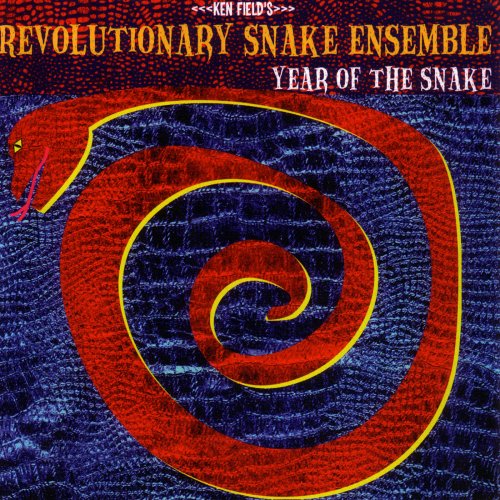
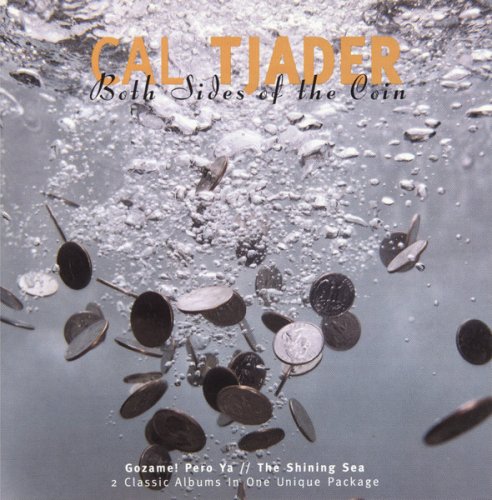
![Andrei Nikolsky - Music For Terminals (2025) [Hi-Res] Andrei Nikolsky - Music For Terminals (2025) [Hi-Res]](https://img.israbox.com/img/2026-01/30/olcqtmnwvigot5ysnst3sj5ta.jpg)
